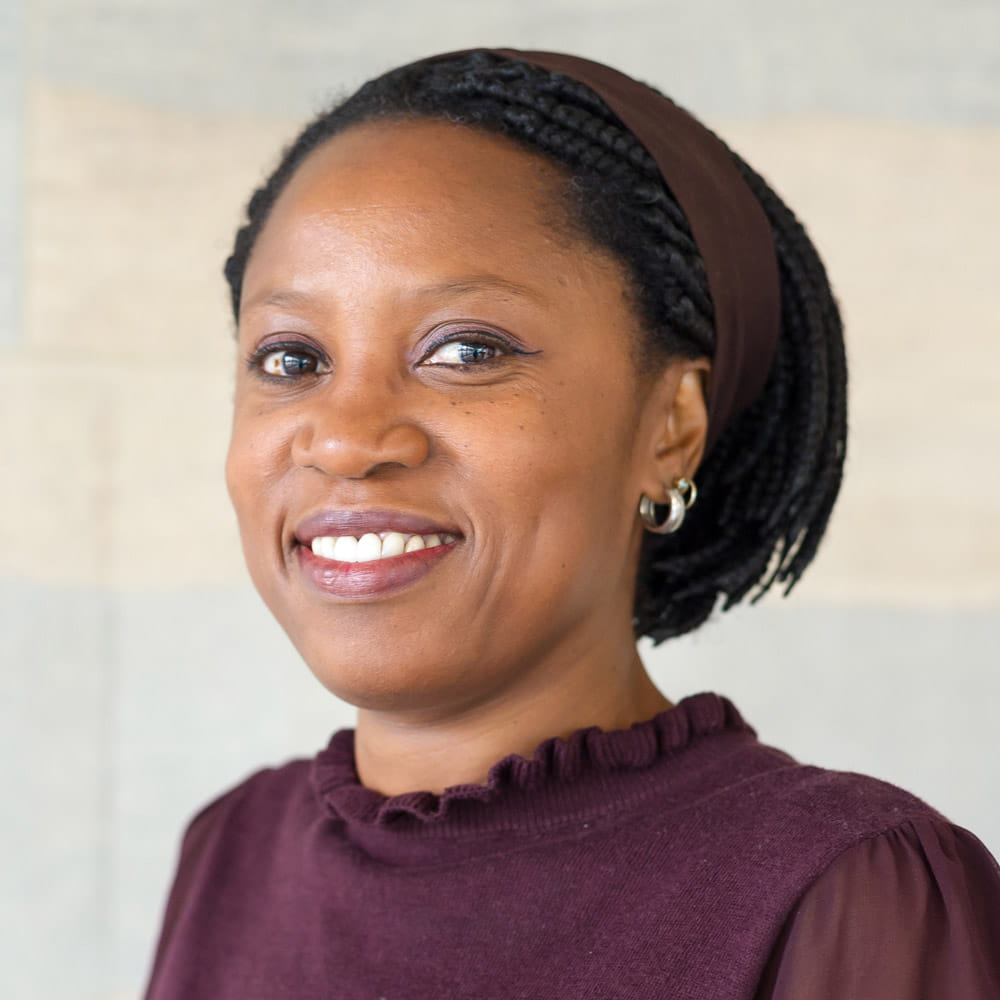International Women’s Day: ‘We Cannot Stand Still’

On Wednesday 8 March, we celebrated International Women’s Day, (IWD) with the aim to promote a more gender equal world free of bias, stereotype and discrimination.
I want to thank all those who organised and took part in the different events at Essex to celebrate IWD.
The campaign for women’s equal rights in the UK has been ongoing for over 120 years. Though there has been advancement in women’s rights, available data clearly shows that there is still more to do to address gender equality. We cannot ‘stand still’.
The World Economic Forum Global Gender Pay Gap report 2022 underlines how big those inequalities are for women. According to the report, the persistence of gender bias has been shown to exist in many areas, including in Science, Technology, Engineering, and Maths, where women have made progress but are still less likely to pursue a career or be paid equally compared to their male counterparts.
At Essex we are not complacent, and as the Inclusion Champion for Sex, Gender, Pregnancy and Maternity, Marriage and Civil Partnership, I, along-with the senior leadership team, are committed to transformational change. We are prioritising areas where actions to address gender inequality are identified in order to take actions to improve gender equity.
The work on gender equality we are doing is to serve the entire university population including students and staff and I am working in collaboration with the SU Women’s Officer to understand and help address the many issues that face female students on the campus. These include safety travelling from campus and protection from abuse in varying contexts.
The work to bring about gender equality is multifaceted and intersectional. Progress relies on action not just from women but through continued collective responsibility. I am encouraged that across Essex, work on female positive action initiatives in employment, policies and safeguarding continues at to be developed. Some of this work includes;
- Work on Gender Pay gap through the Equality Pay Gap Working Group and other actions already in place to reduce the gender pay gap
- Institution and departmental Athena Swan Charter
- Addressing gender bias in teaching evaluations
- Evaluation of the attainment gap for women compared with men
- Positive action in recruitment, mentoring, career progression
- The Body at Work approach was developed with an initial focus on menopause, miscarriage, stillbirth and infertility, family leave
If you would like to learn more about Athena Swan, the progress we have made since 2014, and the different initiatives and networks that have been established so far, you could also watch this short video.
